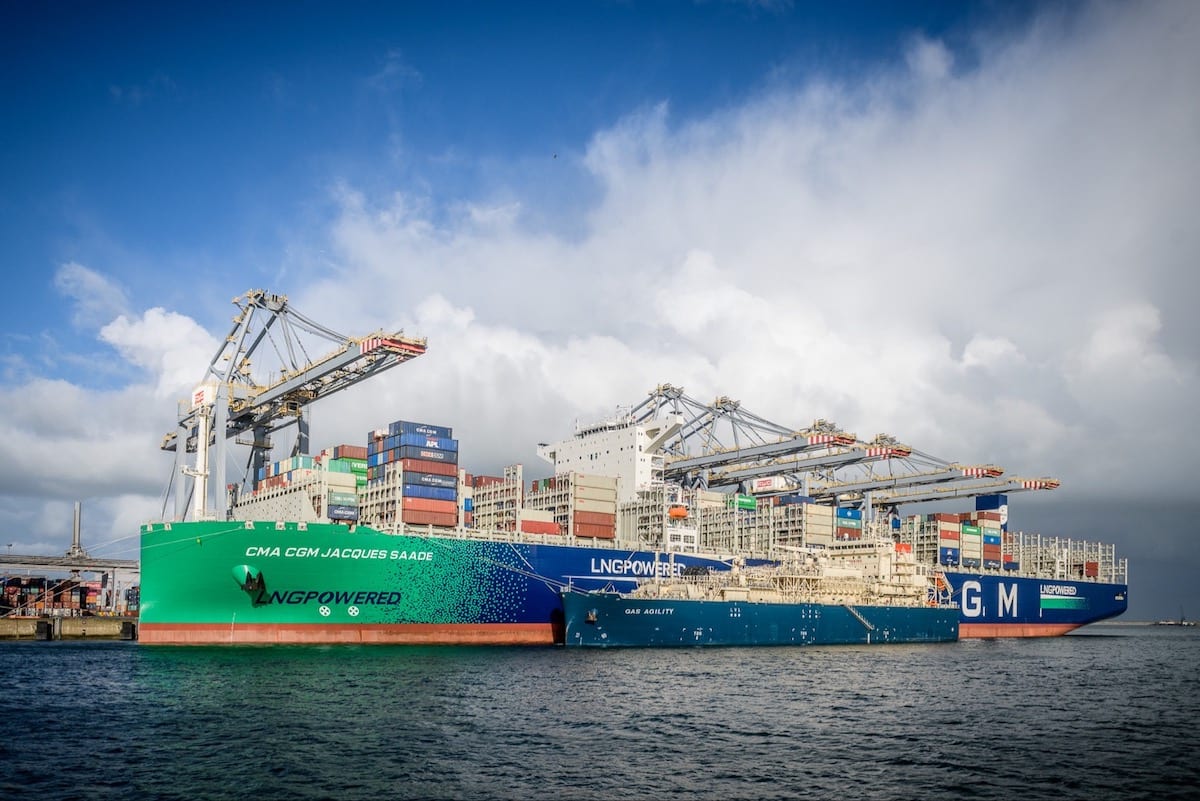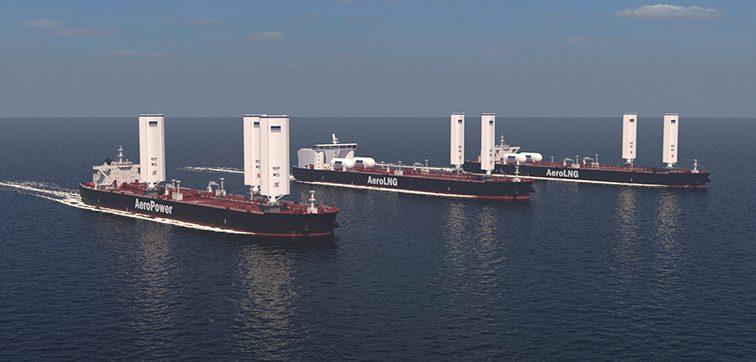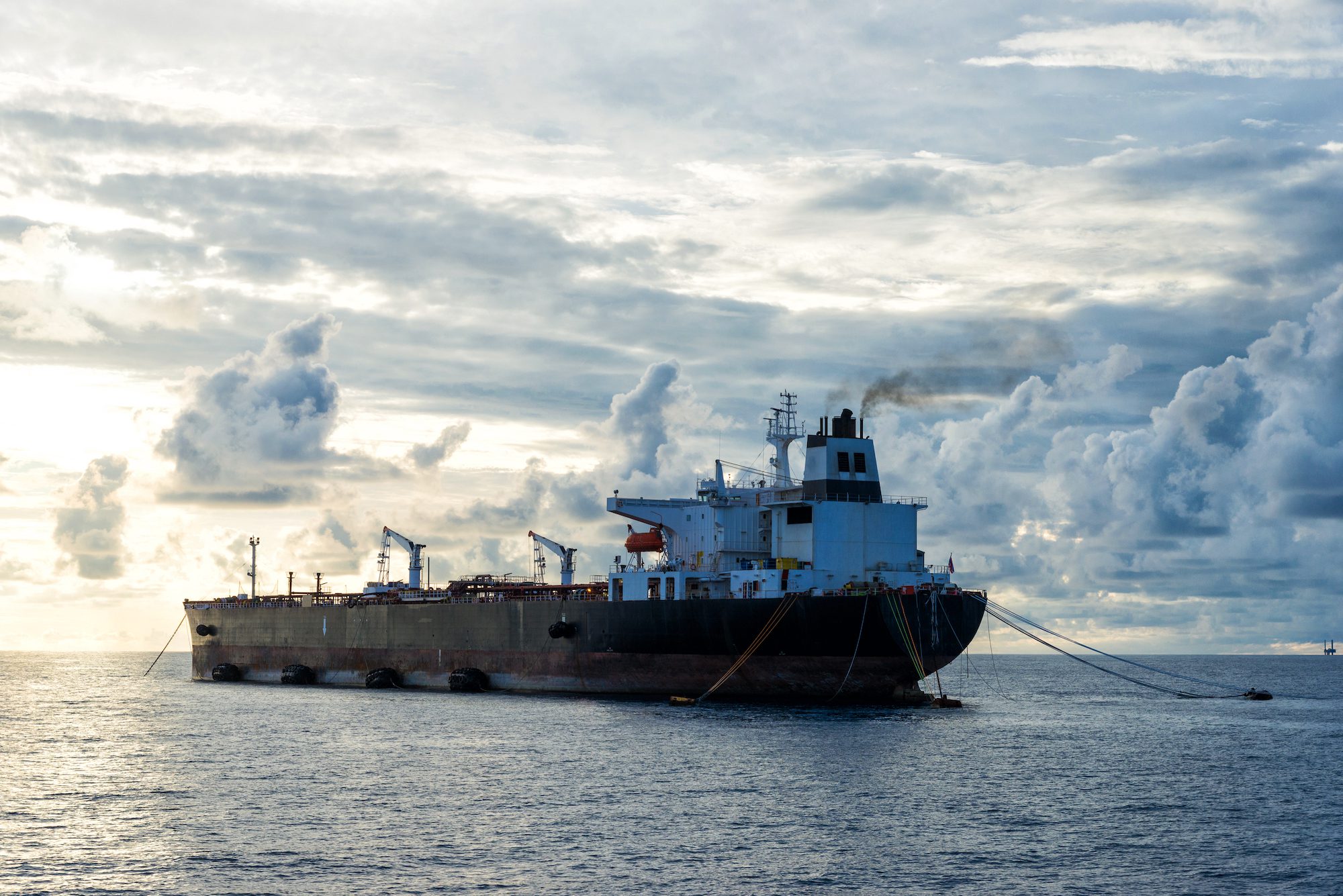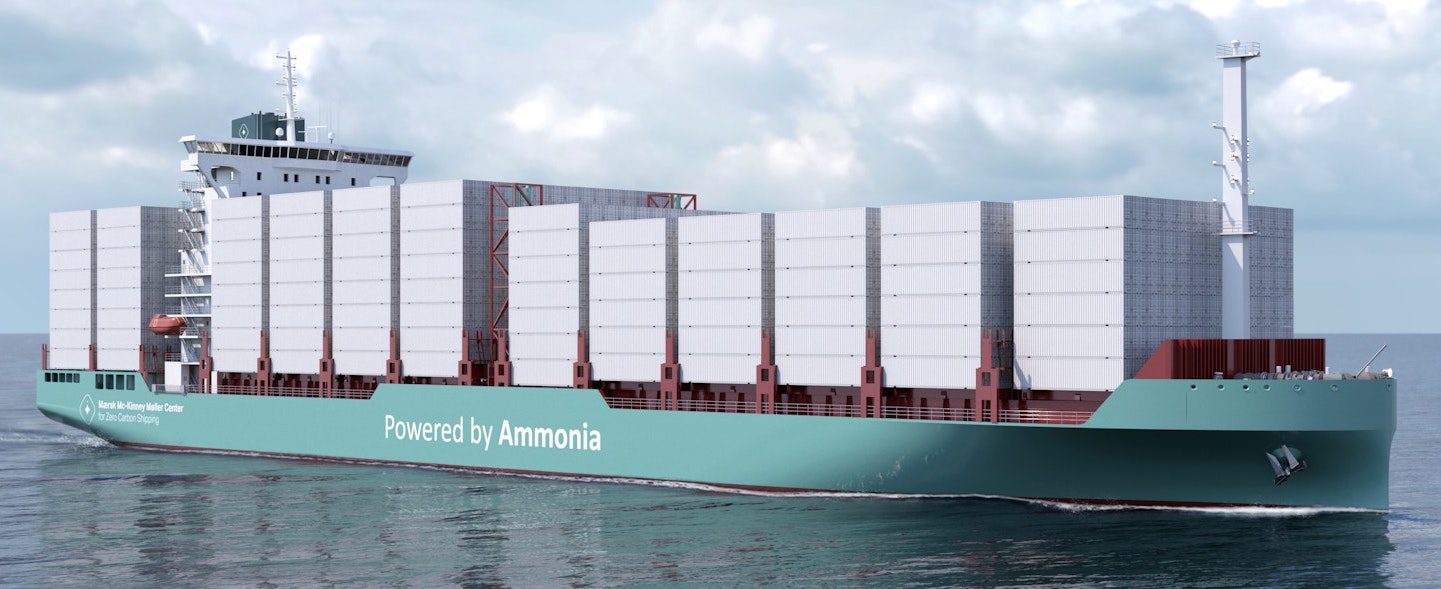LNG marine fuel industry coalition SEA-LNG is fighting back against “misinformation” related to methane slip that the organization says misrepresents progress the shipping industry has made in addressing the issue.
Methane slip refers to a small portion of unburned methane gas that escapes into the atmosphere from LNG-fueled ships, making it a target of climate change advocates. SEA-LNG says the issue is a recognized problem that the maritime industry has been actively addressing for well over a decade and that “sensationalist claims” risk delaying shipping’s decarbonization.
“SEA-LNG is disappointed to see the ongoing campaign of misinformation that misrepresents the progress the industry has made, and is continuing to make, to reduce slip. Sensationalist claims lacking scientific evidence are a transparent attempt to distract the industry from investing in LNG – a solution that can deliver immediate greenhouse gas emissions reductions and provide a low risk, incremental pathway for full decarbonisation of the maritime sector,” SEA-LNG said in a statement.
The organization cited a recent independent study showing that LNG as marine fuel provides overall GHG benefits, inclusive of methane slip, of 20% to 30% for 2-stroke slow-speed engines and 11% to 21% for 4-stroke medium speed engines compared to conventional oil-based fuels.
With advances in LNG engine technology, benefits will “only improve” as LNG becomes more widely adopted by the shipping sector.
“LNG-fuelled engines are available now which have minimal levels of slip: these engines represent at least half the LNG new build order book. For those technologies for which slip remains an issue, levels have fallen four-fold since the early 2000s and engine manufacturers continue to identify technological pathways that will mean all LNG-fuelled engines have minimal levels of methane slip by 2030, if not sooner,” SEA-LNG said.
Regulations expected from the International Maritime Organization (IMO) and the European Union are also likely to make methane slip “a regulatory compliance issue” for the industry. Further, the industry is also undertaking projects to improve on-board monitoring of methane slip and develop exhaust gas after-treatment catalyst systems to deal with any methane that may inadvertently escape the combustion chamber, SEA-LNG said.
“In summary, LNG is a step in the right direction today. It is the only widely available marine fuel that immediately cuts GHG emissions compared with traditionally powered vessels. The LNG pathway that SEA-LNG supports also offers a route to net-zero greenhouse gas emissions for the shipping industry through the continual introduction of available bioLNG and ultimately renewable synthetic LNG. Emission-neutral bioLNG is already being bunkered in Europe and North America. We continue to be confident that bioLNG and renewable synthetic LNG will be an integral part of a basket of net-zero emission marine fuels in the future,” the organization said.
Unlock Exclusive Insights Today!
Join the gCaptain Club for curated content, insider opinions, and vibrant community discussions.

 Join The Club
Join The Club













